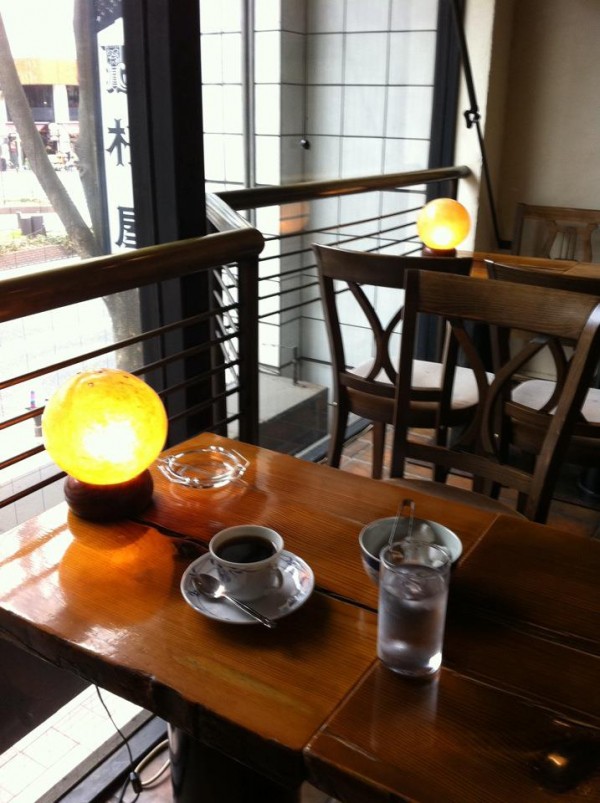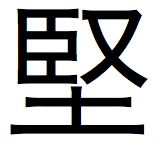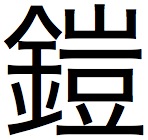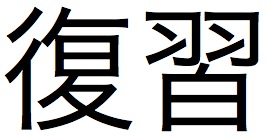Year number three of Murakami Nobel Prize Watch on How to Japonese begins…now.
With the goal of stirring up even more interest in Murakami between now and mid-October, when the Nobel Prizes are announced, I will post a small piece of Murakami translation once a week from now until the announcement.
The past two years I’ve posted a smorgasbord of Murakami translation from across his catalog. (See Year One [1, 2, 3, 4, 5] and Year Two [1, 2, 3, 4, 5, 6].) This year, I’d like to focus and spread out a longer piece over the entire month. Thus, I’ll be clipping out some of my favorite scenes from a story titled “The Town and Its Uncertain Wall.”

As I’ve written previously, “The Town and Its Uncertain Wall” was the rough draft of sorts for Hard-boiled Wonderland and the End of the World. It was published as a novella in the September, 1980 edition of Bungakukai. In commentary included with his Complete Works, Murakami calls it a failed story, but there are actually a lot of very nice scenes, and it was the story where he invented the Town and its herds of golden-fleeced unicorns, so how terrible can it be, right?
I’ve already written a little about the beginning of the story as well as the end. This week’s scene comes from the beginning before the boku narrator gets to the Town but after he’s damned his own ability to relate words effectively to another person:
You told me about the Town.
At dusk one summer night when we were eighteen, we walked toward the upper reaches of the river, smelling the sweet smell of grass as we went. Not that we had a particular destination in mind – we were just walking upstream. We climbed countless weirs on the rapids and watched the fish in clear pools. We must’ve been on our way back from the swimming pool because we were both barefoot. The clear, cold water washed our ankles, and the fine sand at the bottom of the river brushed softly against our feet like new cotton.
You had your yellow heeled sandals in a veneer shoulder bag and walked several steps ahead of me from sandbar to sandbar. Small seeds of grass stuck to your wet legs like pellets of light, and the last rays of afternoon sunlight made shadows shake on the surface of the river.
When you got tired of walking, you sat down in the summer grass and looked up at the sky. In the silence, the dim darkness began to enclose our bodies.
It felt strange. Almost as though your body and my mind were linked by thousands and thousands of invisible threads. Every blink of your eye, every faint movement of your lips was enough to make my mind tremble.
We didn’t have names. We were only thoughts above the grass by the riverside in the summer when we were eighteen. Neither you, nor I had names. The river, too, had no name. That was the rule. Above us, stars began to twinkle. The stars also had no names. We lay down on the grass in a world without names.
“The Town is surrounded by a tall wall,” you said. “It’s not a very big town, but it’s not small enough to suffocate you.”
And this is how the Town came to have a wall.
As you continued to tell the story, the Town came to have a river and three bridges, a bell tower and a Library, and then an abandoned foundry and a set of run-down apartment buildings.
In the faint light of the summer evening, we sat still and looked down at the Town. Our shoulders rested against each other.
The the real me lives in the Town surrounded by a wall, you said. But it took me eighteen years to find the Town. And to find the real me…
“What is the real you doing in the Town?”
“Working in the Library,” you said proudly. “Work there is from six in the evening to eleven.”
“Would I be able to meet the real you if I went there?”
“Yes, of course. As long as you can find the Town. And then…”
That was when you clammed up and blushed. But I could feel the words that you hadn’t put into words.
And then, you’d have to really want me. Those were your words. I held you. But what I held on that summer evening was no more than your shadow.
The tone in the Japanese is sad and slow and fantastic. It feels almost like reality, but not quite; like a boku in objective reality is walking along a real river with a real girl and the interaction with her is so intense that it becomes abstracted into this metaphor of a Town that he must enter in order to discover the real kimi. The woman in the story is referred to consistently in second person except for a few instances where the narrator lapses into kanojo, which I think was probably accidental.
The hardest word to translate in this passage was 流砂止めの滝 (りゅうさどめのたき), which seems to literally translation as “landslide prevention waterfalls.” Googling the phrase really only turn up the story, so it’s hard to know exactly what Murakami was referring to, but a friend helped me find the English word “weir,” which I think is what he’s talking about. A Google Images search of “weir” turns up photos of small waterfall-like dams (weirs) that you often see in Japan. (The long, wide rivers in Kyoto come to mind.)










